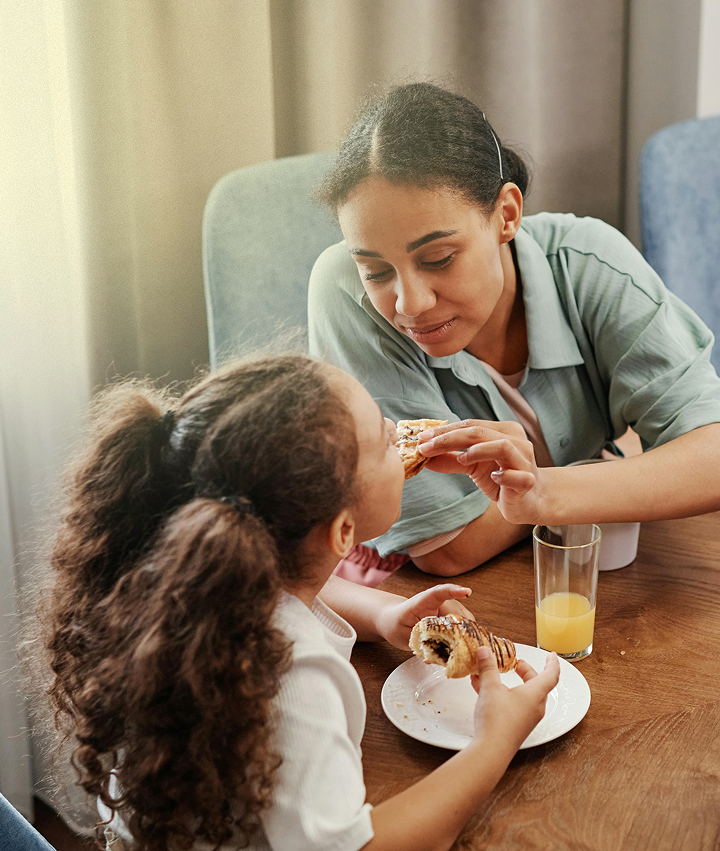
Safety. Healing.
Hope.
Addressing interpersonal violence with prevention, advocacy, and healing-centered care—within our walls and beyond.

Everyone deserves to live with safety, dignity, and hope.
Peace House offers survivor-focused, comprehensive services including clinical therapy, safe housing, sexual assault services, children’s services, and prevention education for individuals, families, and our community
Our Services
clinical therapy
Prevention & Awareness
Safe Housing
Survivor Services
Sexual Assault Services
Children’s services
Get Help
If you or someone you know has experienced interpersonal violence and/or sexual assault, call the Peace House 24/7 HELPLINE at 1-800-647-9161.
If you are in immediate danger, please call 911.
About Peace House
We envision communities free of interpersonal violence and abuse.
For 30 years, Peace House has served Park City and the broader community with comprehensive services that empower survivors to heal with dignity and hope. From community education to one-on-one counseling—our solutions-focused team is here for you.

Support Our Mission
Our work is needed now more than ever.
Our supporters give their time, donations, and financial gifts to ensure Peace House remains a vital resource in our community.
Upcoming Events
See our upcoming events and read the latest.





